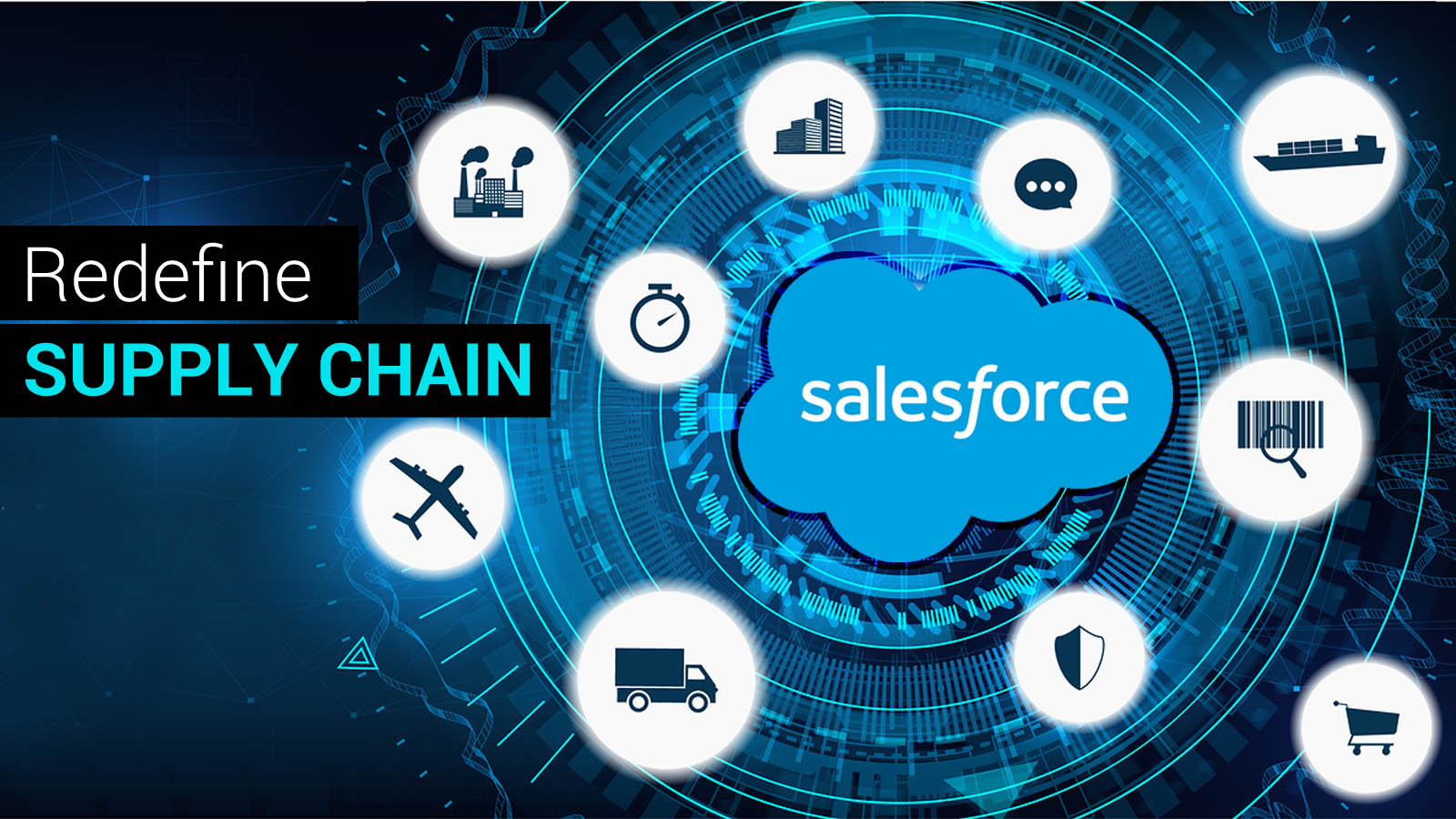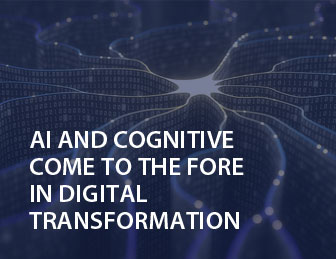Salesforce is undoubtedly the leader in customer relationship management (CRM) for nearly two decades now. It has evolved a long from being a lead management software to B2B, B2C and B2B2C ecommerce with the development of service cloud, marketing cloud and commerce cloud that have provided it the new capabilities for scheduling and dispatching, new data management platform and order management and fulfillment.
Supply chains are in constant need of speed and accuracy
Today’s globalized and complicated supply chains are in constant pressure to meet the demands of speed and efficiency, and above all, the trust of the buyers and all stakeholders of the supply chain. The challenges to trust resolution are become more upfront given the large number of products, vendors, manufacturers, suppliers, geographies and other entities adding up to the supply chain at its various levels, all at the same time asking for speed with accuracy in supply chain operations.
Putting power back to the buyer
Today’s supply chain operators have to find ways to consolidate the data processes across various segments of the supply chain that earlier used to function in silos. Salesforce is been put to good use by the marketers to mobilize the industries by transforming the ways business operate by addressing a number of pain points of the modern supply chains. Salesforce puts power back into the hands of the buyer with its increased transparency and efficiency. They can see the status of their orders and renewals which further add up to buyer trust and transparency of operations.
Governor Limits in Salesforce
Salesforce is designed as a multi-data architecture that stores data of multiple stake holders of a supply chain on a single database. It makes use of Governor Limits to prevent the monopolization of shared resources. These Governor Limits include per transaction Apex limits, size-specific Apex limits and static Apex limits, so whenever the Apex code goes beyond the limit, a run-time exception is issued by the governor in the real time.
Salesforce as a SaaS
Salesforce as a software or SaaS comes with functionalities that make it so important for supply chain and CRM. You need not bother about substructure management as its pay-as-you-go framework resonates well with all clientele and uncovers latest features without postponement. It provides high uptime and security and facilitates excellent presentation for a multitude of supply chain operations.
Custom objects
Salesforce contains all supply chain and enterprise data at a single place, and there is a requirement for Junction Object with a master-detail relationship between the two objects that could be plugged into a child object to a related list. The custom object needs to be defined for integrating records with custom objects and developing a dashboard and report to evaluate the custom object.
Standard objects in Salesforce include the below ones:
- Account
- Contract
- Product
- Case
- Opportunity
- Lead
- Solution
- Case
- Forecast
- Dashboard
- Activity
- Report
- Campaign
Salesforce works by managing these standard objects and maintaining the relationships between them and their functionalities.
Blockchain integration into supply chain
Blockchain integration into Salesforce provides added layer of security, visibility and immutability to supply chain operations as the information residing on the blockchain ensures that all supply chain participants are accessing the same, single version of truthful data even if they are operating across various Salesforce orgs. Supply chain participants like producers, manufacturers, certifiers, auditors and buyers, all can have an accessible profile on their respective Salesforce orgs and can gain access a product data as per their permission level.
Salesforce Einstein Analytics
While Salesforce consulting remains laser-focused on improving the customer experience, business managers can leverage its powerful analytics, enhanced communication and task automation capabilities to provide resilience to the supply chain. Einstein Analytics allows companies to take decisions smartly and become more predictive. The tool is available as a core cloud product through which the organizations can have comprehensive marketing and sales view of their products and services.
Salesforce meets AI and IoT
With Einstein Analytics, Salesforce delivers advanced AI capabilities into supply chains, sales, marketing, services and more. The tool embeds advanced AI capabilities in the Salesforce Platform, ranging across object, fields, workflows and more that make the CRM smarter with every interaction. Salesforce Einstein leverages all the data in Salesforce – supply chain, ecommerce, customer data, social data streams and also IoT signals to train its predictive models. As millions of users across the world upload information into Salesforce cloud every day, the software gets smarter to deliver the best models for supply chain efficiency, sales, marketing, commerce, and much more.
Salesforce clouds
The AI enabled tool provides the companies insight to contact the right customer to generate leads. There has been a pragmatic shift in having an office-based work to working on the move, and that’s what makes cloud a good option for supply chain operations and business software. Users can reliably access Salesforce cloud data from anywhere they are, any time and from any device.
Offering insights and synergy
Salesforce offers great insight and synergy for predicting demand, making it a game changer for demand sensing and end-to-end visibility of supply chain management (SCM). It facilitates the transformation of a bulky sales and order process into a lean one.
Contact Flexsin to discuss Salesforce integration into your supply chain. With successful completion of a variety of Salesforce integration projects, we are aptly positioned to meet the demands of your supply chain operations for best outcomes.


 Prashant
Prashant


